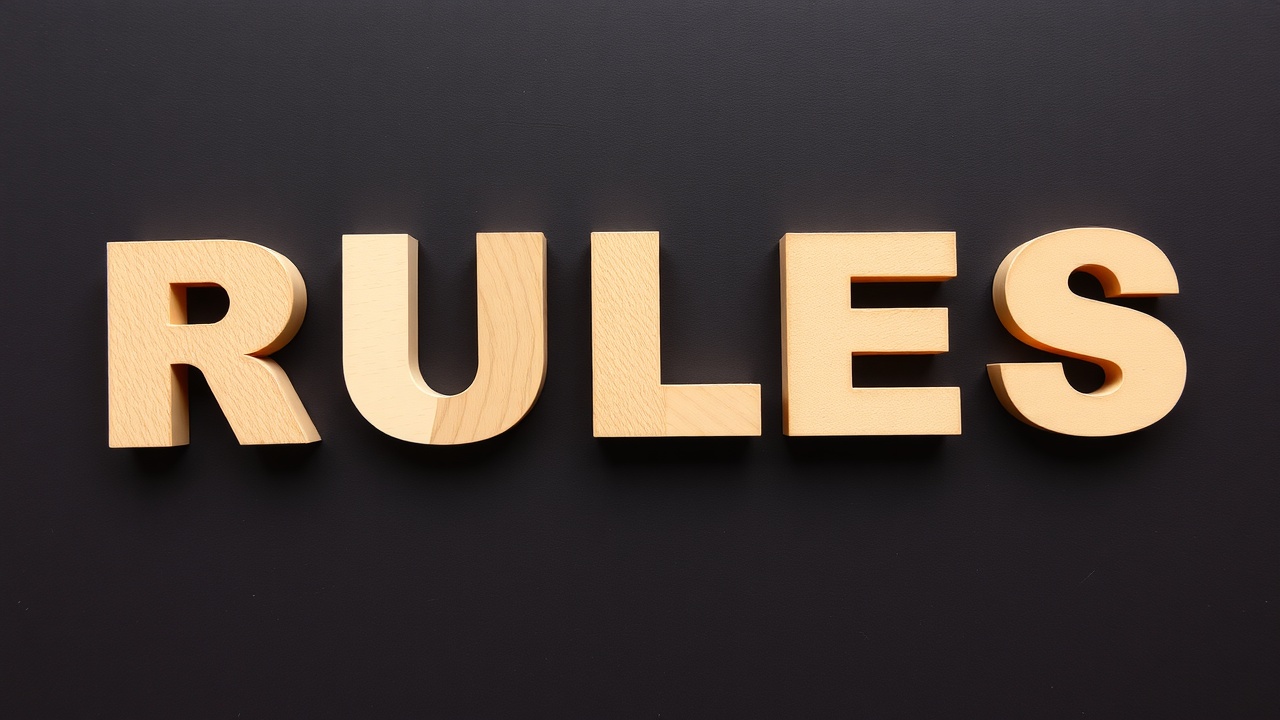
Although HMRC has a list of investments that are permitted in ISAs, investors and even ISA providers occasionally become perplexed by the regulations
Here are some tips to help you choose your investments.
In an effort to increase their wealth and protect their money from taxes, nearly four million investors fund stocks and share ISAs annually.
Each tax year, investors can make up to £20,000 contributions to these tax-efficient accounts, and they can own a variety of assets, including bonds, shares, funds, and investment trusts.
The most recent data from HMRC shows that 30.8 million people invested a total of 28 million in their stocks and shares ISAs in 2022 - 2023.
However, have you ever given any thought to the precise investments that are permitted within ISAs?
Although the taxman has a detailed list of "qualifying investments" that can be held in an ISA for stocks and shares, the regulations are rather intricate and have the potential to mislead both investors and ISA providers.
Investment platforms such as AJ Bell, Fidelity, and Interactive Investor were found to have improperly permitted shares that shouldn't have tax-free status to be added to ISA portfolios, according to a recent City AM investigation.
In light of this, we have compiled a valuable list of typical investments that are permitted in stock and share ISAs as well as those that are not.
Our list should help you figure out what you can and cannot hold in your ISA, regardless of whether you are an early-bird investor top-up your ISA now for the 2025 - 2026 tax year or a novice investor looking to understand the rules.
What kinds of assets can I own in an ISA for stocks and shares?
The list of 20 "qualifying investments" for ISAs provided by HMRC is not entirely clear.
For instance, if you had a personal equity plan (PEP), you can invest in ISAs if you qualified as an ISA investment on April 6, 2008, which was when PEPs were replaced by ISAs.
To remain eligible to be held in an ISA, those investments would have to comply with current ISA regulations if they were to change in the future.
ISAs may also be used to hold specific life insurance policies.
The length of HMRC's list does not guarantee that your ISA provider will provide you with all of these options for your stocks and shares ISA.
Holly Mackay, the founder and CEO of Boring Money, believes that most people should be satisfied with the ISA rules because they are fairly broad in terms of what you can hold.
"Most of us have access to a vast array of options under the rules, but they do not permit access to extremely risky assets that are unsuitable for the typical retail investor or circumvent the rules to provide tax breaks to individuals for personal assets whose main purpose is not investing.
Here, we list a few of the most popular assets that you can own in an ISA for stocks and shares.
1. . Stocks.
Generally, a stocks and shares ISA can hold company shares that are publicly listed on reputable stock exchanges worldwide. Shares that are traded on the alternative investment market (AIM) are included in this.
Keep in mind that "recognised stock exchange" may cause confusion for some people. The Shanghai Stock Exchange, Saudi Stock Exchange, and Taiwan Stock Exchange are a few instances of stock exchanges that HMRC does not recognize.
Therefore, it is prohibited to own shares of Taiwan Semiconductor Manufacturing Company (TSMC), which is primarily listed on the Taiwan Stock Exchange.
Despite having an American depositary receipt (ADR) and a secondary listing on the American Nasdaq, TSMC is still ineligible to be held in an ISA.
The Investing and Saving Alliance's (TISA) technical manager, Dave Beaston, tells BFIA that many ISA providers are caught off guard by depository receipts.
He clarifies: "A tradeable document issued by a bank that represents shares in a foreign company is called a depository receipt (for instance, an ADR)."
In order for stocks and shares to qualify for the ISA, they must either be listed on a recognized stock exchange or be allowed to trade on a recognized stock exchange in the UK or the EEA. According to the regulations governing depository receipts, the underlying shares that the depository receipt represents must fulfill this listing/trading condition.
For example, an ADR listed on the New York Stock Exchange (a reputable stock exchange) could represent shares of a company whose shares don't pass the ISA qualifying test, according to Beaston. Therefore, an ISA for stocks and shares would not be applicable to this ADR.
He goes on to say: "Some ISA managers think that because the ADR is listed on a reputable stock exchange (in my case, the NYSE), it qualifies for ISA listing and trading. However, they are unaware that the underlying shares must fulfill this requirement.
According to City AM, some investment platforms permitted users to add TSMC, Legend Biotech, a Chinese company, and Veon, a Dutch telecom company that only trades as an ADR on the Nasdaq, to their ISAs even though they were ineligible. After the newspaper informed the platforms, access to these stocks was taken away.
2. funds.
Unit trusts and open-ended investment companies (OEICs) are two of the various kinds of investment funds that can be held in an ISA. Both passive and active management are possible for these.
Investments in stocks and shares ISAs are probably going to be popular, and platforms frequently provide a wide variety, from global equities to niche funds that invest in industries like real estate or clean water.
Investment platform-managed ready-made portfolios ought to qualify for an ISA as well.
3. investments in trusts.
The "shares and securities in qualifying investment trusts" are listed among the authorized ISA investments by HMRC.
Investment trusts are comparable to funds in that they combine your money with other investors' to provide you with exposure to a variety of assets. They are incorporated as companies and traded on the London Stock Exchange, which is the main distinction from funds.
4. ETFs are exchange-traded funds.
Additionally, ETFS are permitted in stock and share ISAs. You can buy and sell ETFs whenever the stock exchange is open because they are listed there.
As a form of passive investment fund, they are typically far less expensive than purchasing actively managed funds.
5. . corporate bonds.
You can issue corporate bonds inside of an ISA. The basic idea behind a corporate bond is to lend money to a business. In exchange, it gives you a consistent income in the form of interest for a predetermined amount of time (referred to as the "coupon") before having to pay back your loan.
6. Gilts.
ISAs for stocks and shares allow investments in government securities, such as gilts. Bonds are issued by governments to raise capital for major projects or ongoing operations; a UK government bond is referred to as a "gilt."
"Securities issued by or on behalf of a government of the UK or the government of any EEA state" are also permitted in ISAs, according to HMRC guidance.
7. shares in fractions.
In ISAs, fractional interests of a whole shareabbreviated fractional sharesare permitted, but be sure to abide by HMRC regulations.
An ISA manager authorized to offer stocks and shares ISAs, Junior ISAs, or Lifetime ISAs, for instance, must hold the fractional interest. A "qualifying investment for the purposes of the ISA regulations" and being officially listed on a recognized stock exchange or admitted to trading on a recognized stock exchange in the UK or the EEA are further requirements for the relevant whole share.
If you're wondering what a fractional share is, it's when an investor owns a portion of a single share, especially when that share is priceyit can cost hundreds of pounds.
Which investments are not permitted in an ISA for stocks and shares?
It is not permitted to hold certain investments in a stocks and shares ISA. Below is a list of the five.
1. . cryptocurrency.
It is not possible to hold cryptocurrencies like Bitcoin in an ISA for stocks and shares.
Nonetheless, you can make indirect investments by buying stock in companies that are actively involved in the cryptocurrency space, like Coinbase, a cryptocurrency broker.
Or through a fund that invests in cryptocurrency, such as the iShares Blockchain Technology UCITS ETF.
2. Gold. .
An ISA is unable to hold actual gold bars or coins. A gold fund or exchange-traded fund (ETF) is a good option if you wish to include the yellow metal in your ISA.
An alternative is to buy stock in a mining company to gain indirect exposure.
3. . Other assets include art and fine wine.
Classic cars, fine wine, and artwork are examples of alternative investments that are not permitted in an ISA wrapper.
You could use your ISA to purchase shares or units in a company or fund that closely resembles your passion investment, just like you would with gold and cryptocurrency.
4. possession.
Direct real estate investments are not permitted in an ISA for stocks and shares. Though there are many investment trusts and property funds that qualify for an ISA portfolio, you might want to purchase those instead.
5. shares that are not listed.
It is not possible to hold shares in a stocks and shares ISA that are not publicly traded on a recognized stock exchange, as we previously stated. Thus, ownership of private companies is prohibited.
If I purchase an investment that isn't permitted in a stocks and shares ISA, what will happen?
The ISA manager, not the investor, is in charge of making sure that only eligible investments are kept in a stocks and shares ISA.
For instance, if an ISA manager offers a self-select internet-based ISA where investors choose their own investments and manage their own ISA, as explained by Beaston at TISA, "should the ISA client buy a non-qualifying investment in their stocks and shares ISA, this would be considered an ISA manager error."
If an investment that does not qualify is held in the ISA, the ISA manager is required to remove it as soon as possible, or within 30 days if the investment was received through a corporate action, for example. Beaston said it was a rights issue.
The ISA manager may be subject to a monetary penalty for such a violation, he continues.














Leave a comment on: Which investments are permitted and which are prohibited in a stock and share ISA?